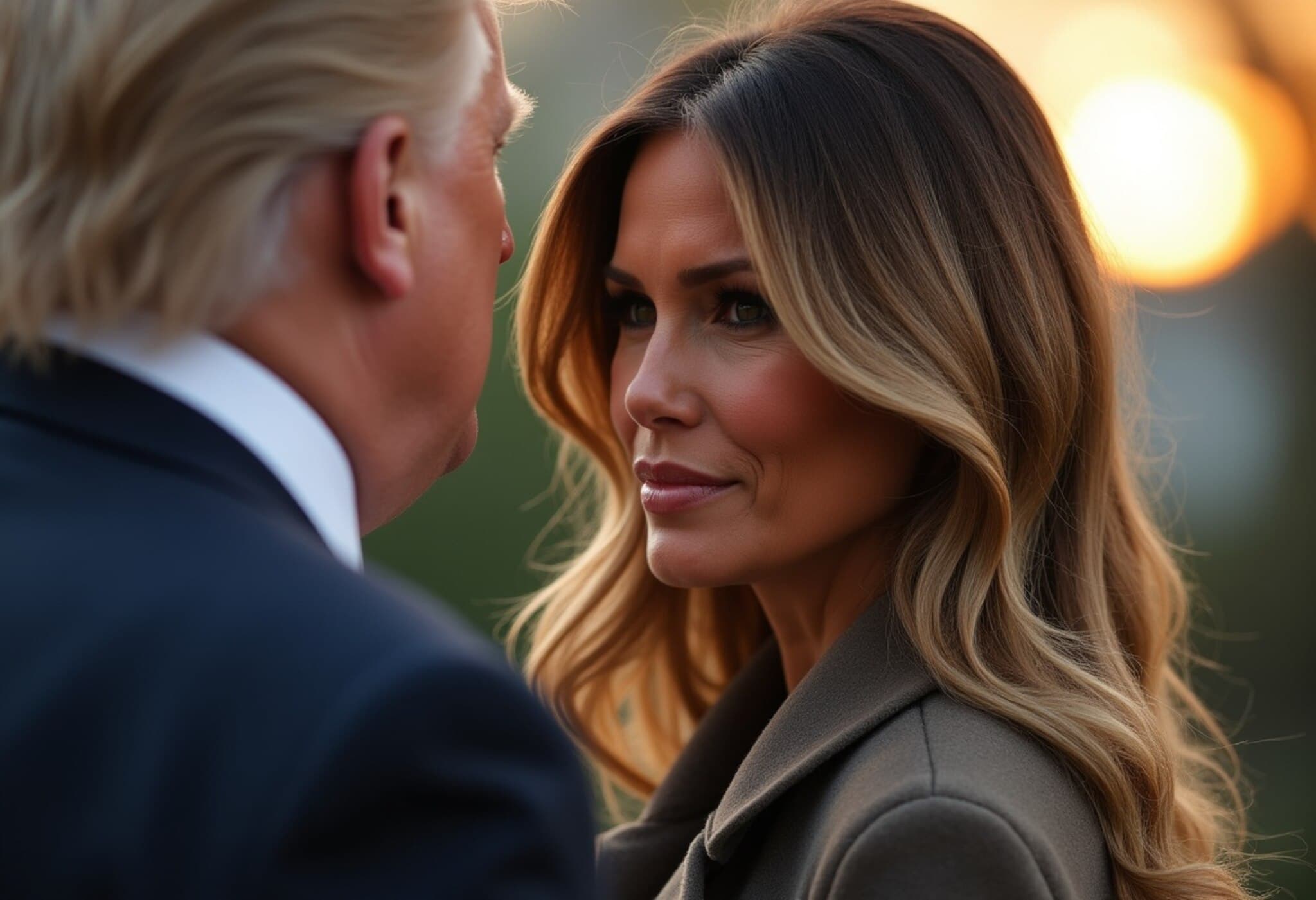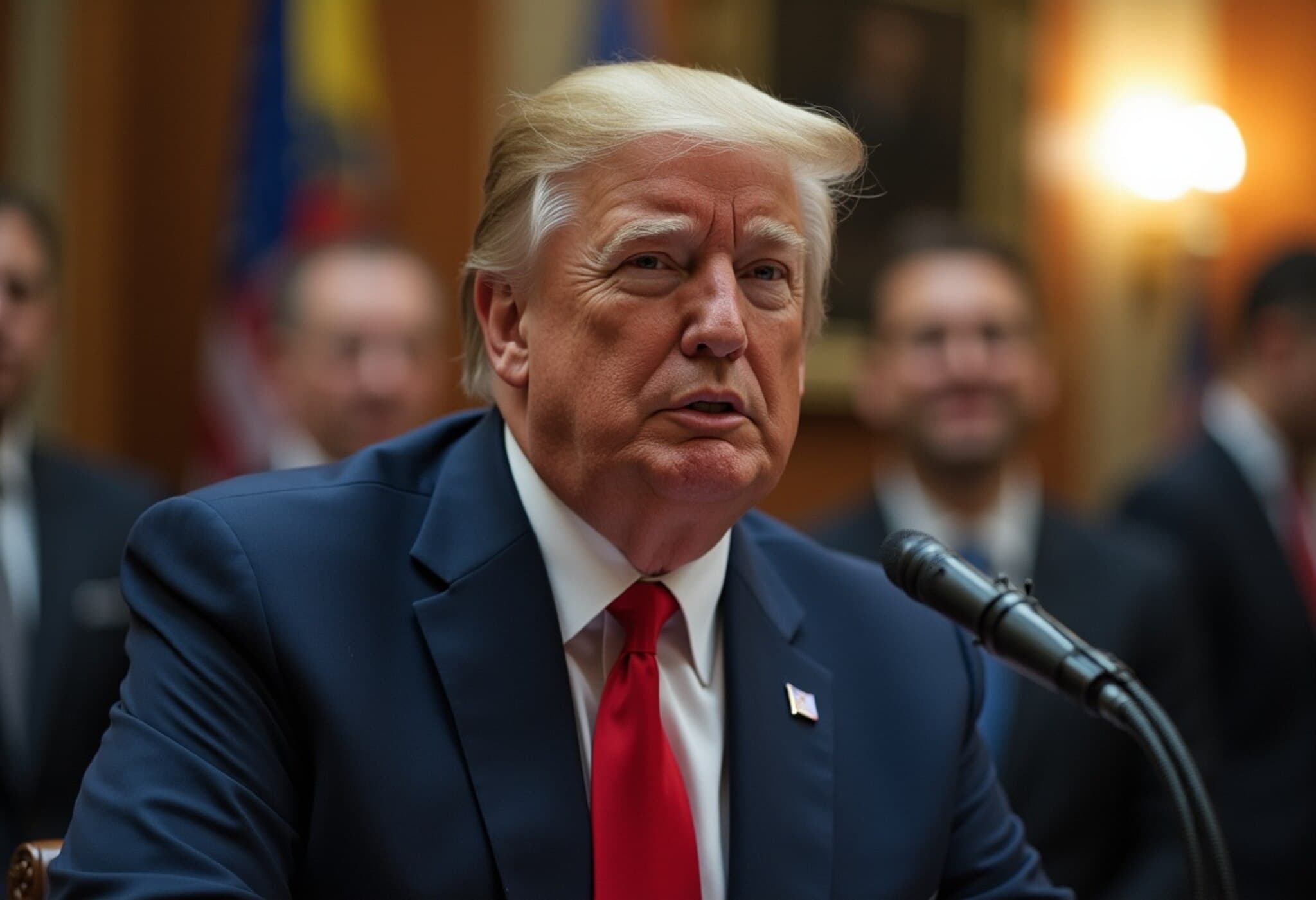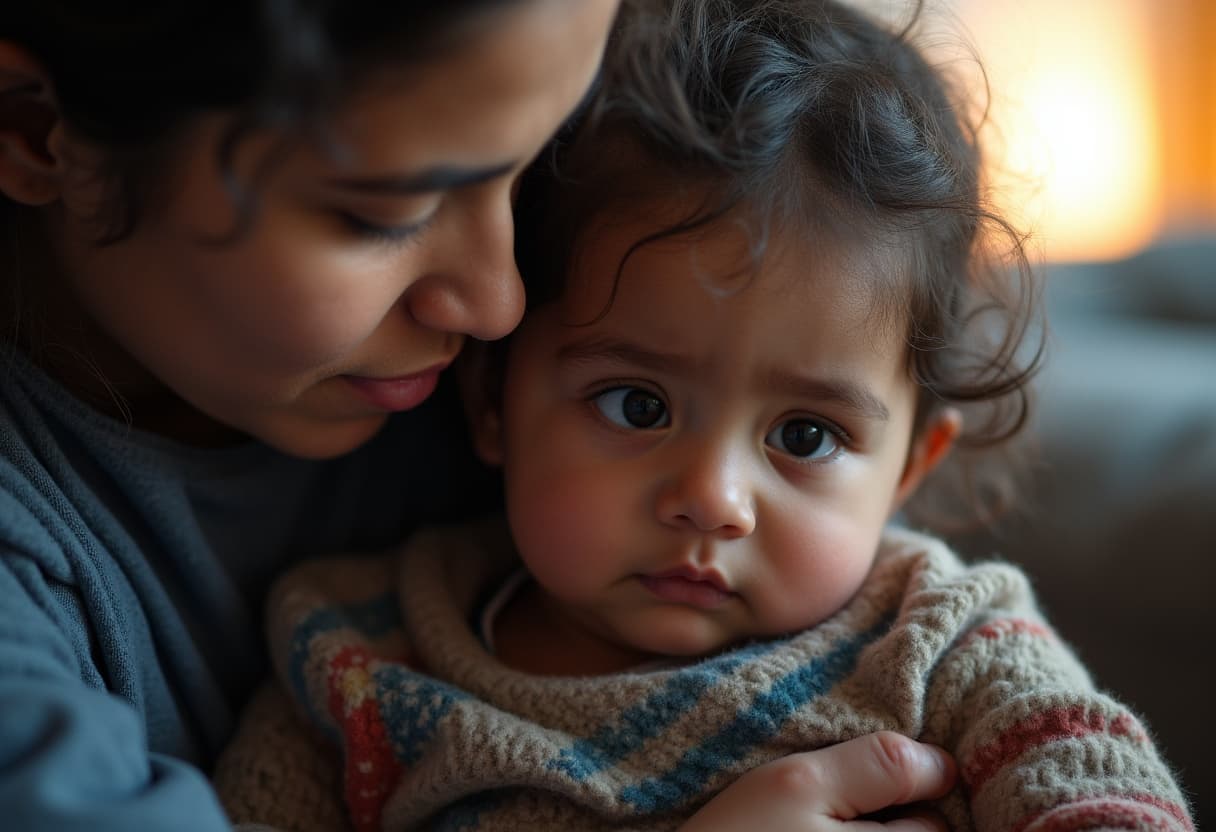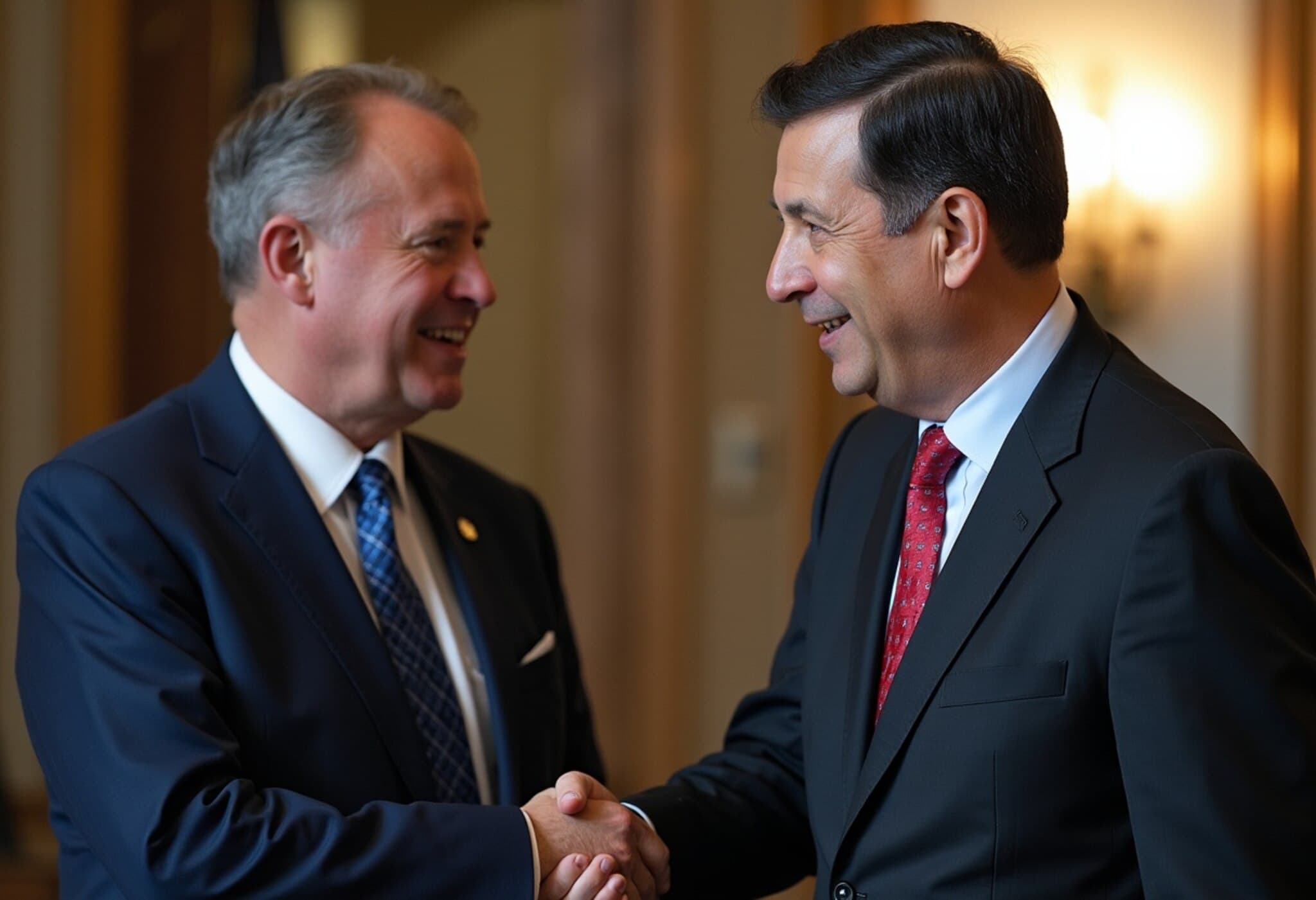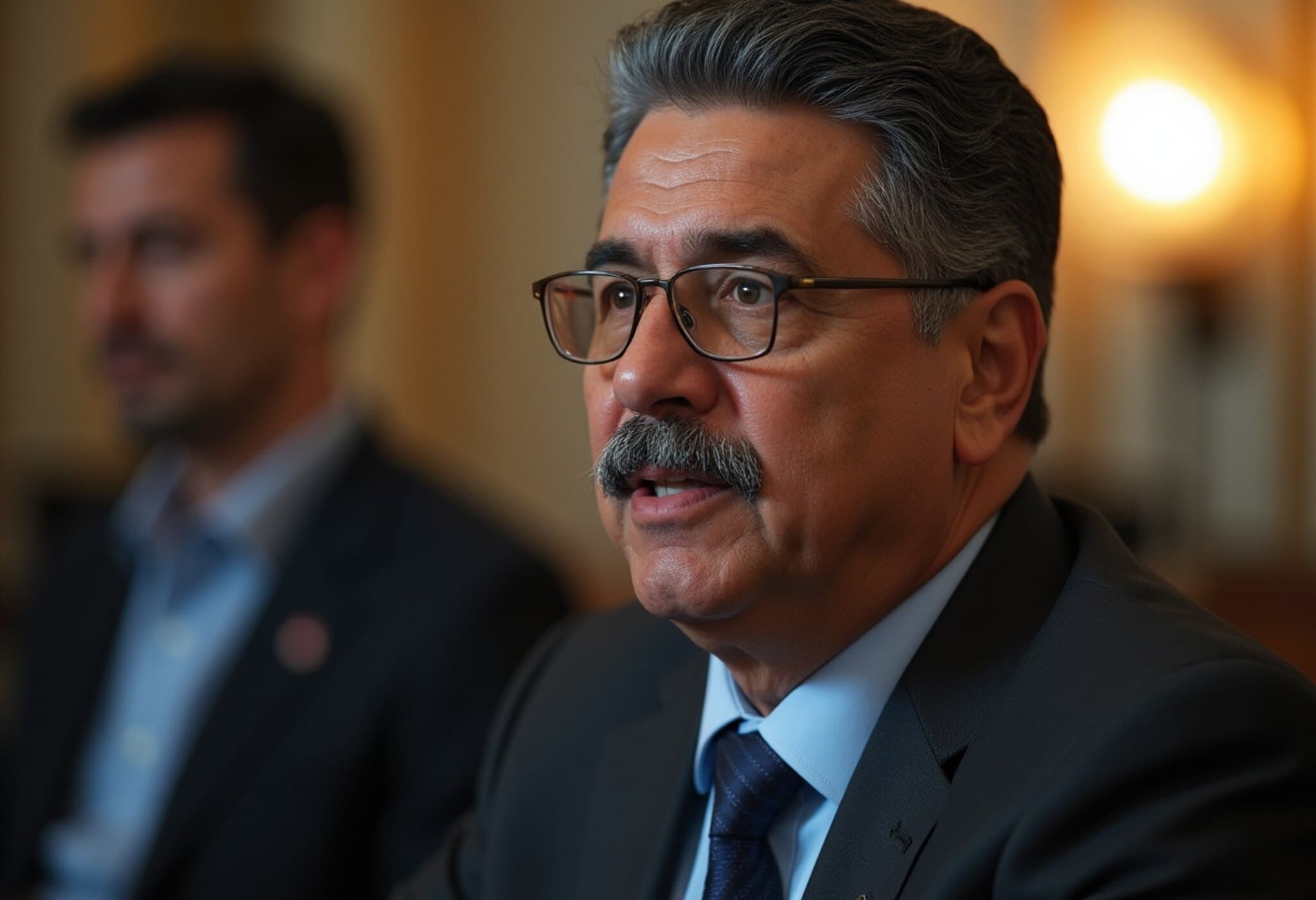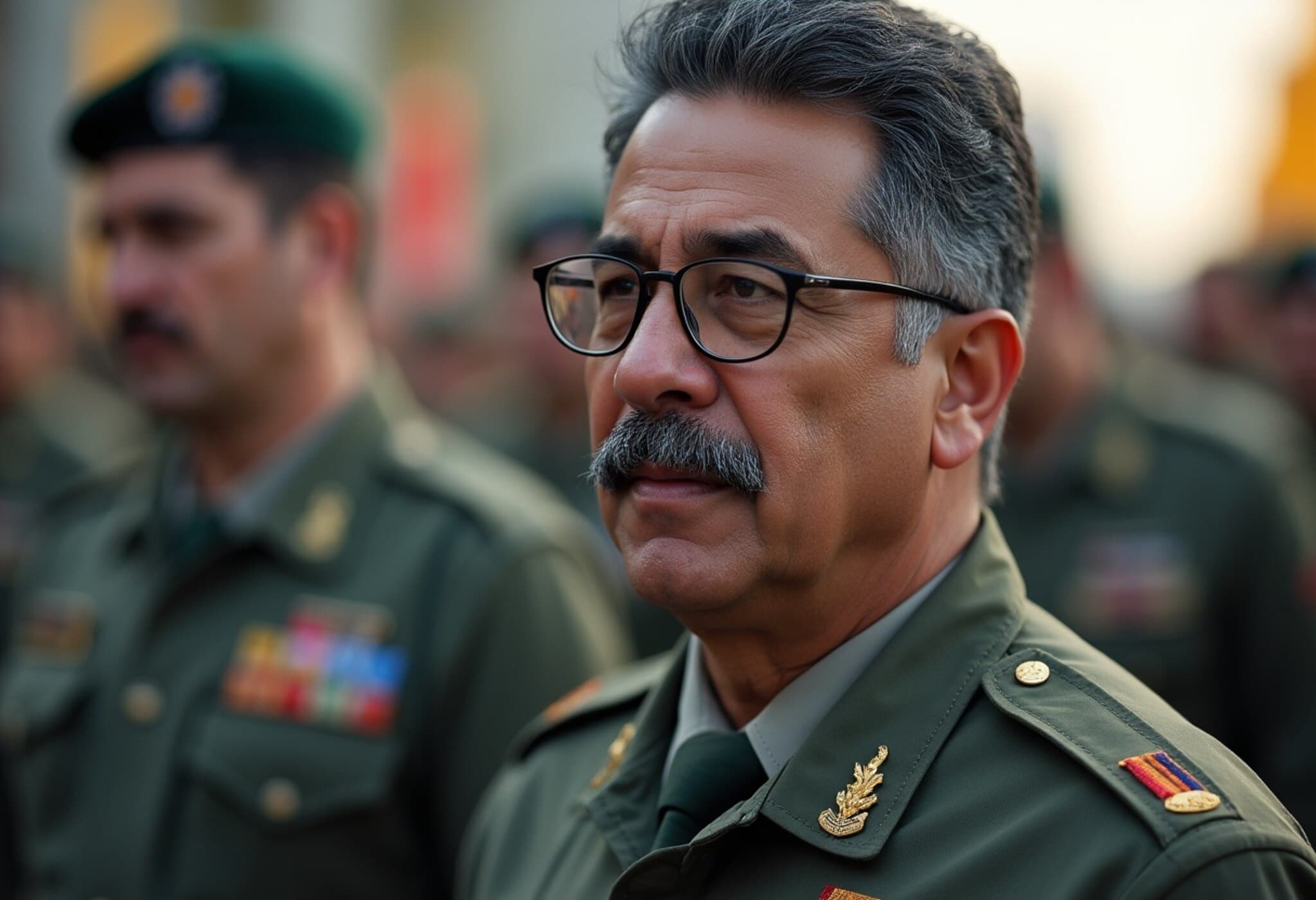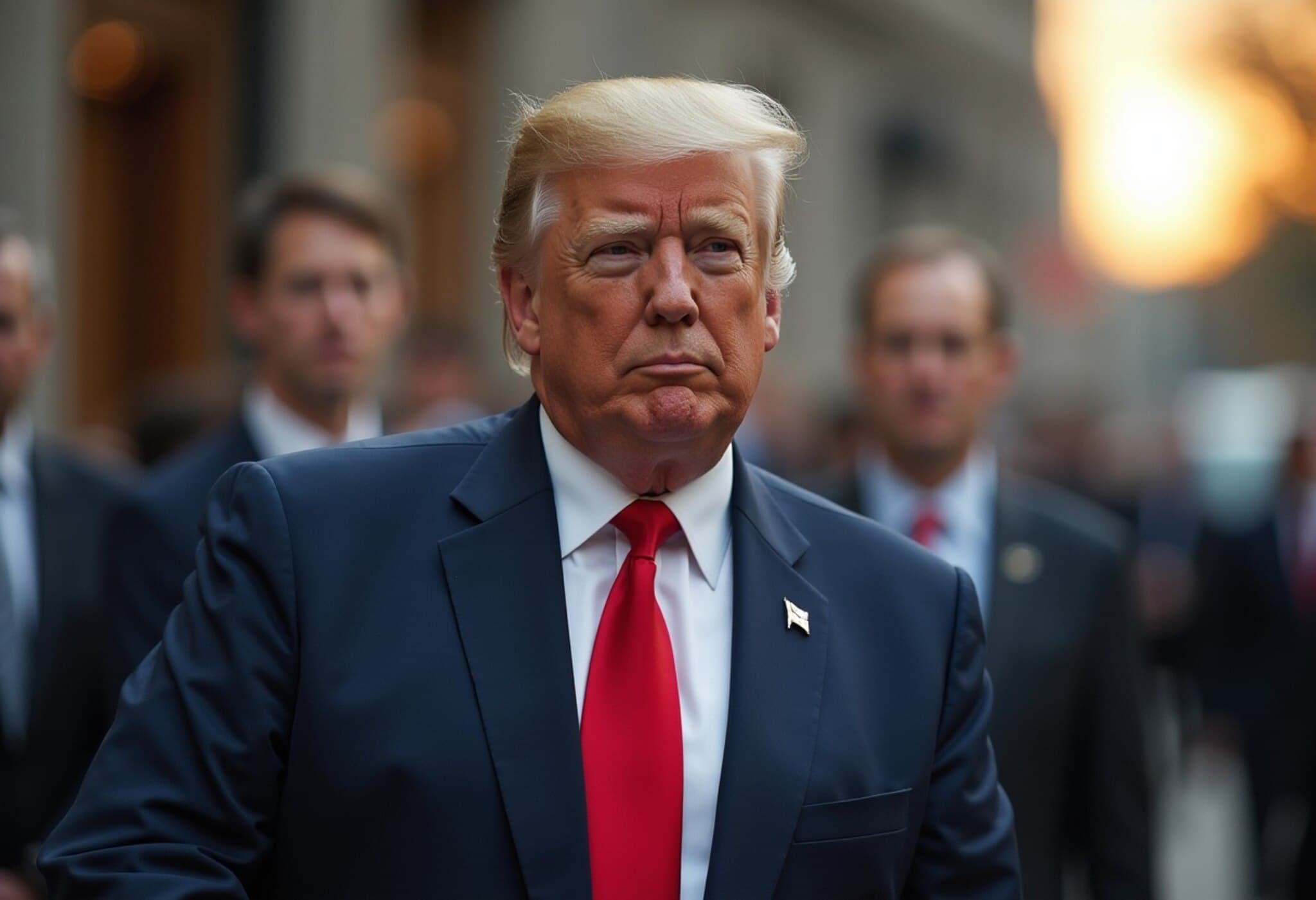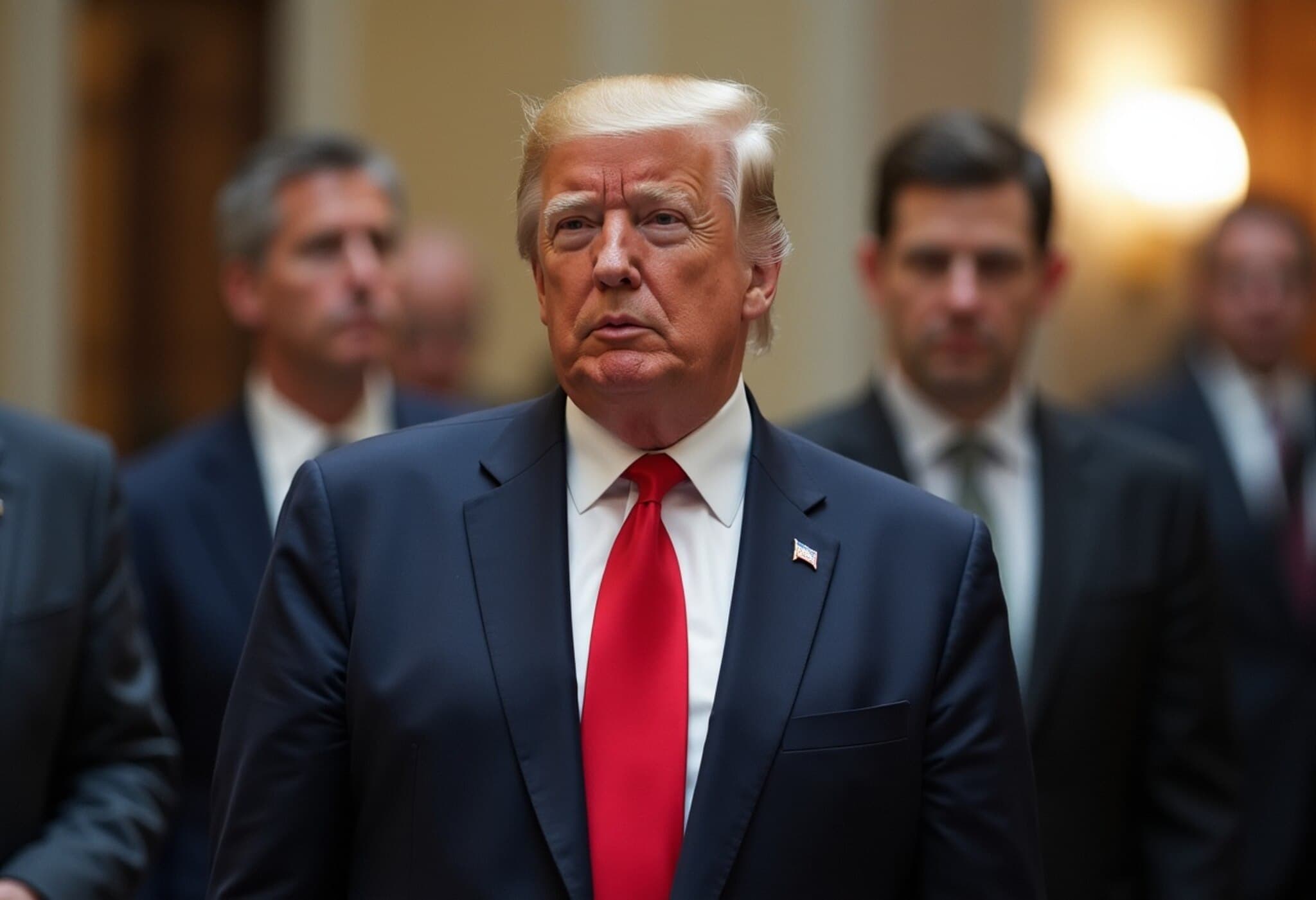Convicted Murderer Dahud Hanid Ortiz Released in U.S. Post Trump-Venezuela Prisoner Exchange
In a move raising questions about diplomatic priorities and public safety, Dahud Hanid Ortiz, a convicted triple murderer sentenced to 30 years in a Venezuelan prison, was released to the United States following a high-profile prisoner swap orchestrated by the Trump administration.
Background: From Spain to Venezuelan Prison
Dahud Hanid Ortiz, 54, a U.S. Army veteran, was convicted in Spain for a triple homicide before fleeing to Venezuela, where he was subsequently imprisoned. Court documents confirm his conviction and sentence. Last week, Ortiz was transported from Venezuela to the U.S. after a negotiated exchange that freed over 10 American citizens and permanent residents held in Venezuela.
The Prisoner Swap Deal: A Complex Diplomatic Dance
The release occurred as part of a larger diplomatic agreement between the U.S. and Venezuela. The Trump administration secured the release of U.S. detainees, including Ortiz, while agreeing to the release of 252 Venezuelan nationals from detention facilities in El Salvador. The U.S. government, led by officials including John McNamara—top American diplomat for Venezuelan affairs—asserted that the Venezuelan detainees were linked with the Tren de Aragua gang, labeling the swap as a measure to enhance American security.
- Ortiz's criminal past was known: Several officials in the Trump administration were aware of Ortiz's triple murder conviction before his transfer to American soil.
- Ortiz’s current status: Reports indicate he is now free, residing in Orlando, Florida.
- Use of wartime powers: President Trump employed the International Emergency Economic Powers Act (IEEPA) to facilitate the expulsion of Venezuelan detainees, citing national security.
Expert Insight: The Legal and Ethical Conundrum
This case spotlights the tension between diplomatic pragmatism and public safety. Legal experts underscore that while protecting American hostages and detainees abroad is paramount, releasing a convicted murderer onto U.S. soil—and reportedly allowing freedom without apparent restrictions—raises serious ethical and security concerns.
Moreover, the opaque nature of the administration's vetting process and the decision-making behind Ortiz's release underline a critical gap in policy transparency. Concerns about the adequacy of background checks for detainees returned from foreign prisons warrant increased scrutiny and potential legislative oversight.
Broader Context: U.S.-Venezuela Relations and Security Implications
The prisoner swap unfolds against a backdrop of strained U.S.-Venezuela relations, with both countries seeking leverage amid ongoing sanction regimes. For the U.S., repatriating citizens from hostile or complex terrains remains a sensitive priority; yet the inclusion of individuals like Ortiz complicates perceptions about the thoroughness and prudence of America’s foreign policy execution.
Security analysts highlight the importance of a balanced approach that ensures national safety without compromising the rights or humanity of those detained abroad. This episode draws attention to the blurred lines policymakers must navigate when negotiating hostage recoveries or detainee exchanges.
Summary
Dahud Hanid Ortiz’s release to the U.S. following a prisoner exchange with Venezuela presents a poignant case study in the challenges of international diplomacy intersecting with domestic security concerns. While freeing American detainees remains a priority, the release of individuals with serious criminal records ignites debate over how best to safeguard the public while upholding humanitarian and diplomatic commitments.
Editor's Note: Ortiz’s case raises essential questions about the transparency and safeguards involved in prisoner swaps. How can governments ensure that repatriation efforts do not inadvertently compromise homeland security? What mechanisms should be in place to monitor individuals released after foreign imprisonment? The intersection of diplomacy, law enforcement, and public safety continues to evolve, demanding vigilant oversight and open public discourse.


